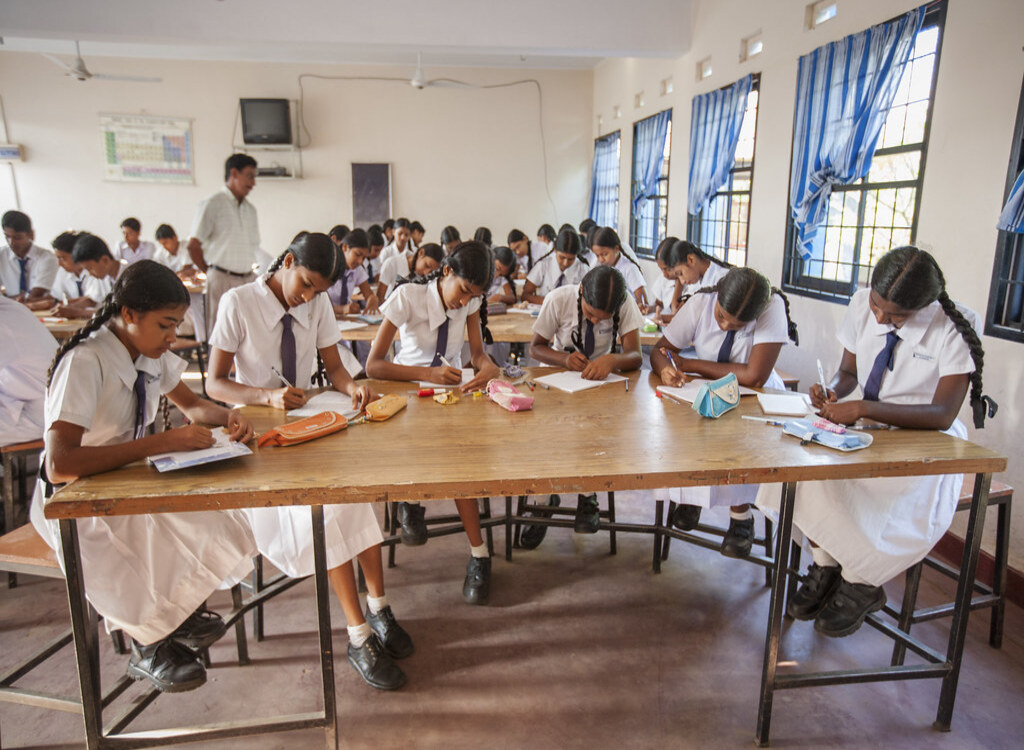A growing teacher shortage is threatening the core of Sri Lanka’s public education system, with nearly 30,000 vacancies in Advanced Level (A/L) classrooms alone, according to the Ceylon Teachers’ Union (CTU).
The crisis, exacerbated by prolonged government inaction, is disproportionately affecting national schools in urban areas, leaving students without instruction in critical subjects and jeopardizing their academic futures.
Joseph Stalin, Secretary of the CTU, warned that schools in Colombo and other major cities are bearing the brunt of the shortfall. Subjects such as science, mathematics, and information technology—particularly in the English medium—are among the hardest hit, forcing overburdened teachers to stretch thin across classrooms and compromising the quality of education.
The gravity of the issue was echoed by Prime Minister Dr. Harini Amarasuriya, who acknowledged that the national education system is grappling with more than 40,000 teacher vacancies overall, including 2,652 in national schools. Yet despite this recognition, recruitment remains stagnant due to bureaucratic bottlenecks and legal hurdles, leaving little hope for immediate resolution.
In the absence of state-led solutions, Sri Lanka’s private tutoring industry has expanded dramatically. Professor Wasantha Atukorala of the University of Peradeniya reports that the sector has surged to a staggering Rs. 210 billion annually, with A/L students alone contributing Rs. 80 billion. This parallel education economy has become the de facto solution for families desperate to fill the gaps left by the public sector, even as concerns grow over its unregulated nature.
Night classes—some stretching past midnight—have become commonplace, raising alarms about student well-being and mental health. Many of these tuition centers operate informally, evading taxation and regulatory oversight, and contributing to a two-tiered education system that rewards financial means over merit.
“This is no longer just a policy failure—it’s a generational betrayal,” Stalin stated, urging immediate intervention from the government.
As access to quality education becomes increasingly dependent on a family’s ability to pay, the integrity of Sri Lanka’s public education system hangs in the balance. The current trajectory not only threatens social equity but also undermines the very foundation of the nation’s future workforce.











Leave a comment